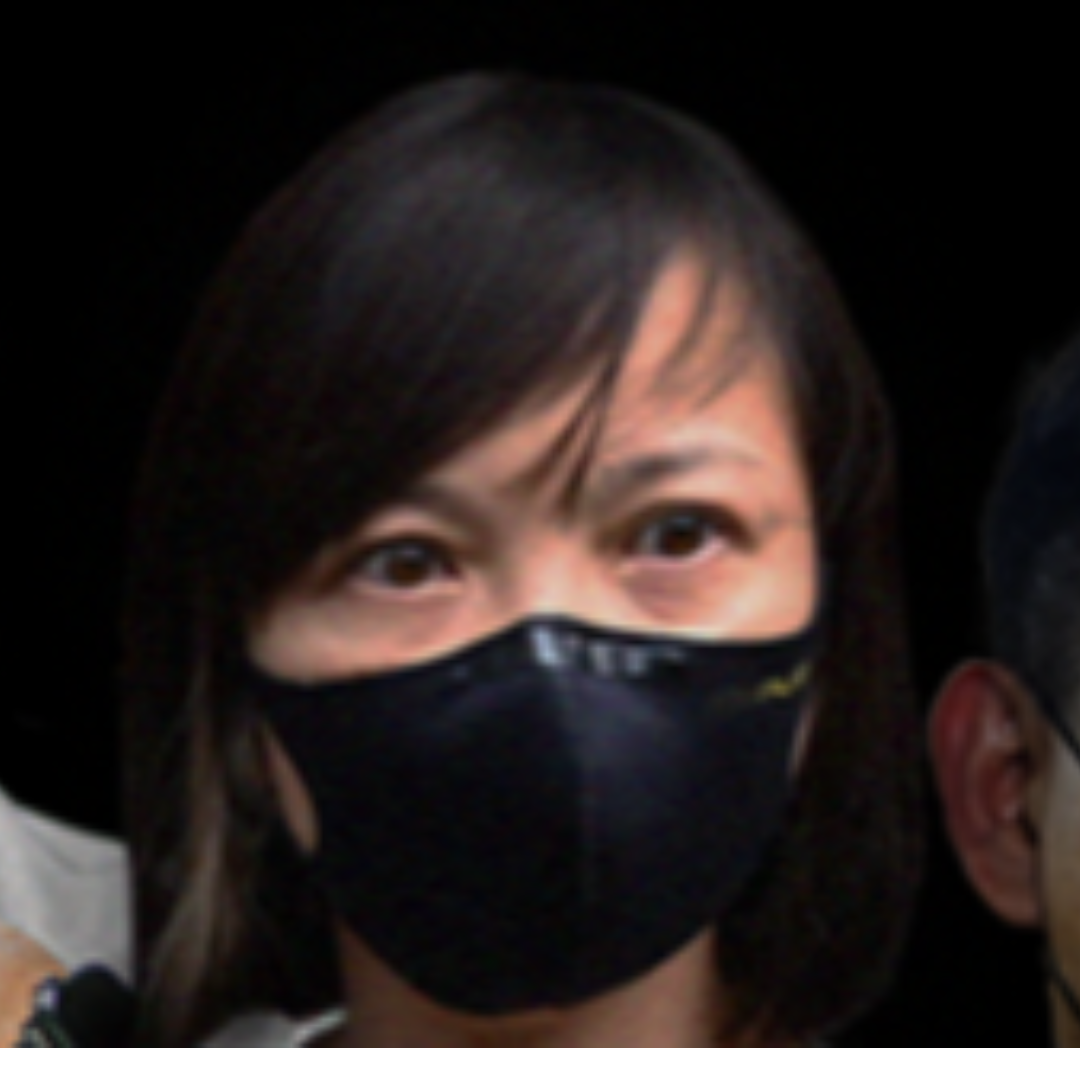Journalists Under Threat
Around the world every day there are journalists who inspire us. Some put their lives at risk to report the truth: often their families face physical harm and intimidation.
In this series, Women in Journalism has partnered with Reporters Without Borders to capture fearless women journalists across the globe who are exceptional in their field and whose journalism we support, champion and celebrate.
Written by young members of Women in Journalism and edited by committee members Barbara Rowlands and Sonya Thomas, these profiles shine a spotlight on these fearless women. We believe their voices must never be silenced.
Tobore Ovuorie: Exposing the sex traffickers
The Nigerian investigative journalist uncovered a network of violence, murder and organ harvesting when she posed as a sex worker – an experience that still haunts her.
Rana Rahimpour: Defiantly Reporting on a Censored State
The Iranian-British journalist worked for the BBC’s Persian service for 15 years, until the threats to her, her family and her colleagues became overwhelming.
Bettie Johnson-Mbaya: The courage to keep exposing corruption
Johnson-Mbayo reports on gender-based violence and corruption in Liberia, West Africa - while facing the constant threat of assault and arrest.
Jineth Bedoya Lima: A journey of two decades to find some justice
Bedoya Lima’s investigations into armed conflict in the Colombian prison system made her a target for threats and attacks. Her ongoing fight for justice has made her a hero to many in Colombia.
Chan Pui-man: Jailed under Hong Kong’s security laws
Chan served as deputy chief editor of Hong Kong’s Apple Daily until her arrest in 2021. She remains incarcerated in Tai Lam prison.






